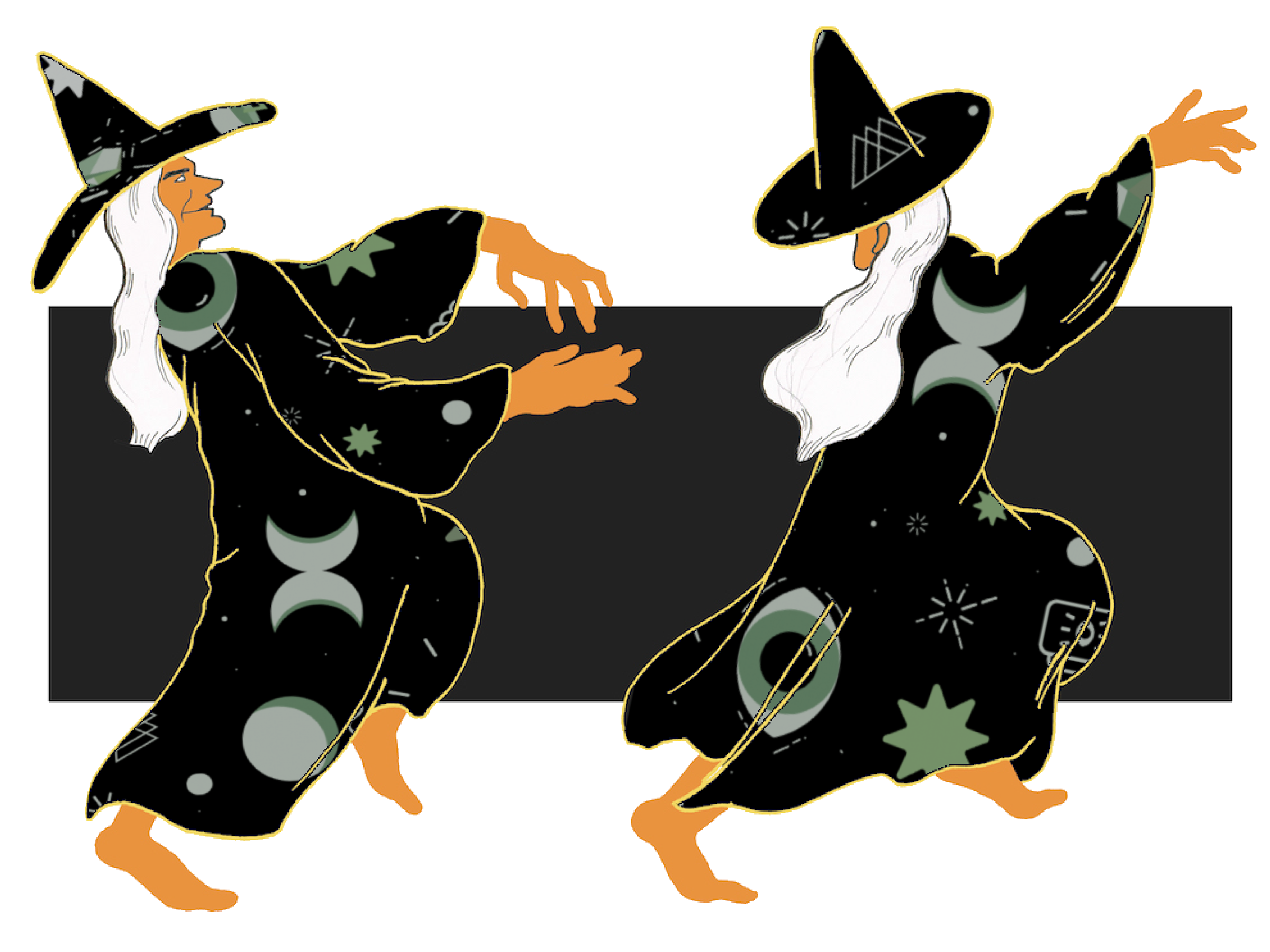The history of the witch: true tales of patriarchal terror
With today’s horror movies depicting their women protagonists as helpless haunted gals, I can’t help but reflect on the true feminist horror story: the origin of the witch.
While witch hunts stopped around the 17th century in America, the fear of the witch stayed in our culture, having a particular spotlight during the spooky season.
Although the topic has now evolved into popular culture, the real history of witches is much darker.
Witches were believed to be practitioners of the Devil’s work, calling upon spirits to heal or harm others. Although sometimes — and let’s face it — they were only practicing traditional medicine or sciences, but them being women made it a crime.
It’s clear that witch hunts were targeting women: more specifically, single, widowed women, or women on the margins of patriarchal society— women who stepped outside their assigned role.
Bridget Marshall, Associate Professor in the department of English at the University of Massachusetts who studies witch trials and the history of witchcraft, believes that most witches were women because of systematic oppression.
“This is why witch trials weren’t just about accusations that today seem baseless. They were also about a justice system that escalated local grievances to capital offenses and targeted a subjugated minority,” she says.
Indeed, out of the 19 people that were convicted of witchcraft during the Salem witch trials of 1692, 14 were women and the other five were guilty by association — either a brother or husband.
So, how did these witch hunts contribute to shape the feminist movement?
It is only in 1893 that we see a critique of how the church treated women who were suspected of being witches.
In her book Woman, Church & State, Matilda Joslyn Gage, an American suffragette, reframed the witch hunts of the 1600s as a misogynistic attempt from the Christian church and state to police women’s bodies and keep gender roles in place.
Gage’s son-in-law, L. Frank Baum, author of the famous The Wonderful Wizard of Oz, was inspired by her work to frame the character of the witch in his story in a more positive light.
The early 1960s TV show Bewitched centered around the life a white middle-class housewife, and coincides with the rise of the women’s liberation movement. The way the protagonist Samantha Stephens uses her magic around the house can be linked to early feminist arguments for agency and free will.
This set the stage in popular culture for how we view the figure of the witch now: from a clumsy Sabrina the Teenage Witch, to the clever Hermione, to the villainous comedic Sanderson sisters.
Although we can argue that most of them are portrayed as feminist icons today, we have to acknowledge that the real history behind witch hunts is rooted in patriarchal power and the fear of a woman challenging that power.
Whether by drowning or burning, marginalized women were murdered in barbaric ways under the broad crime of practising witchcraft.
I say “broad” because the offence included an array of subjects that men were also studying at the time, such as astrology, sciences, medicine, and divination.
Besides the obvious religious hysteria around women, witch hunts were also used to establish dominance in these new male-only establishments.
The crime was ultimately that of being a woman.
